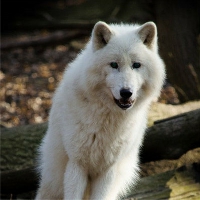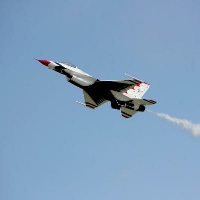To live up to the spring scenery and the time travel means that the correct sentence is the most beautiful April day in the world, and to live up to the spring scenery and the time travel.
Let's fly the ideal good time. In the most beautiful April day on earth, let's go from the brisk pace of spring to enjoy the blooming and fruiting of spring breeze, and finally appreciate the full return of spring and autumn.
Emotional April, boundless spring is expressing a kind of brand new, a kind of growth, a kind of vitality.
1. Meaning: Let's fly the ideal good time. In the most beautiful April day on earth, let's go from the brisk pace of spring to enjoy the blooming and fruiting of spring breeze, and finally appreciate the full return of spring and autumn! Source: You are the April day on earth.
3. Emotion: In April, boundless spring is expressing a new, growing and full of vitality.
4. The wind makes willows curl, the rain cuts the fragrant grass, which is beautiful and strong.
5. This poem was published in April 1934 in Xuewen, Volume 1, Issue 1.
6. There are two versions of this poem:
One is to mourn Xu Zhimo, the other is to express the hope and joy of his son's birth.
7. Mr. Liang Congjie said in "The Four April Days on Earth" that his father once told me that "You Are the Four April Days on Earth" was written for me by his mother in the joy of my birth, but his mother never told me about it.
8. "Mr. Liang said objectively about the creation intention of this poem.
9. So on the one hand, this poem is a love poem, written for Xu Zhimo who is already in heaven.
10. On the other hand, Lin Huiyin is a mother who has a strong maternal love for her children. It is absolutely possible to write such a lively poem for her children.










